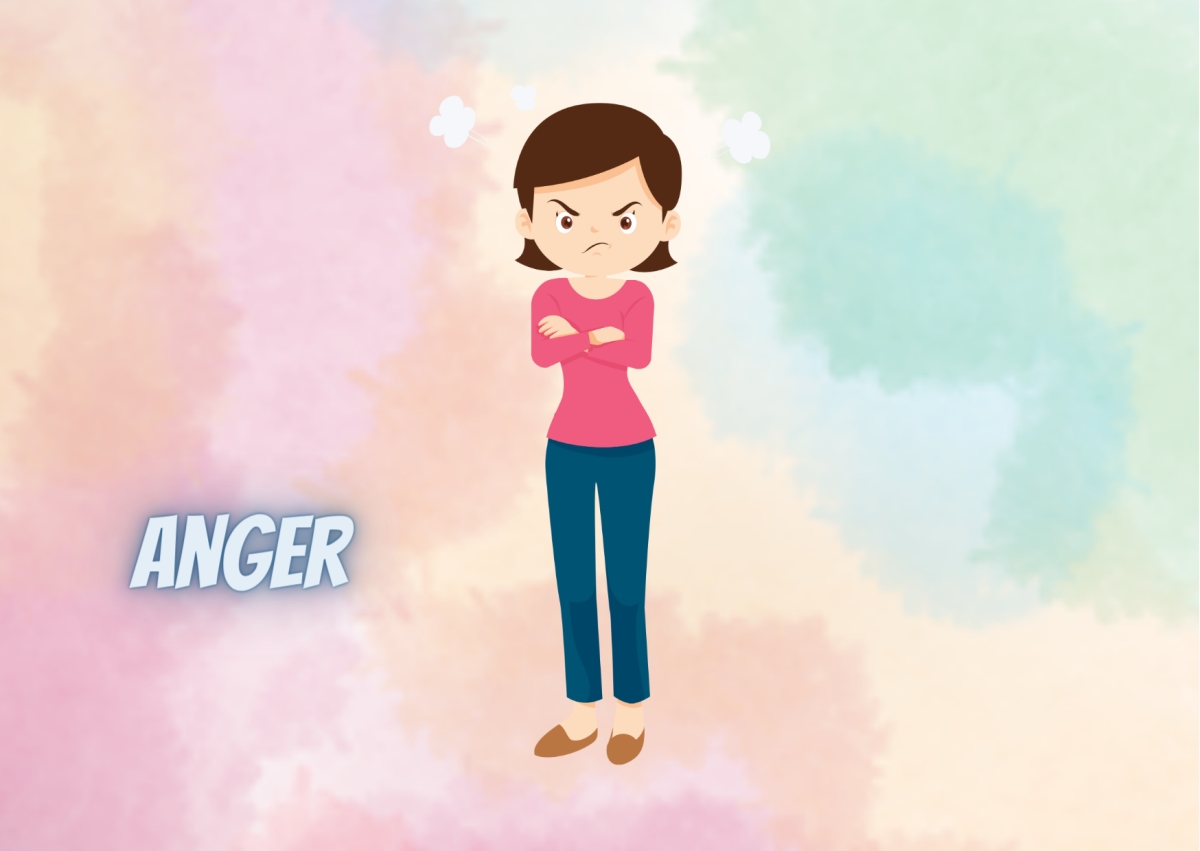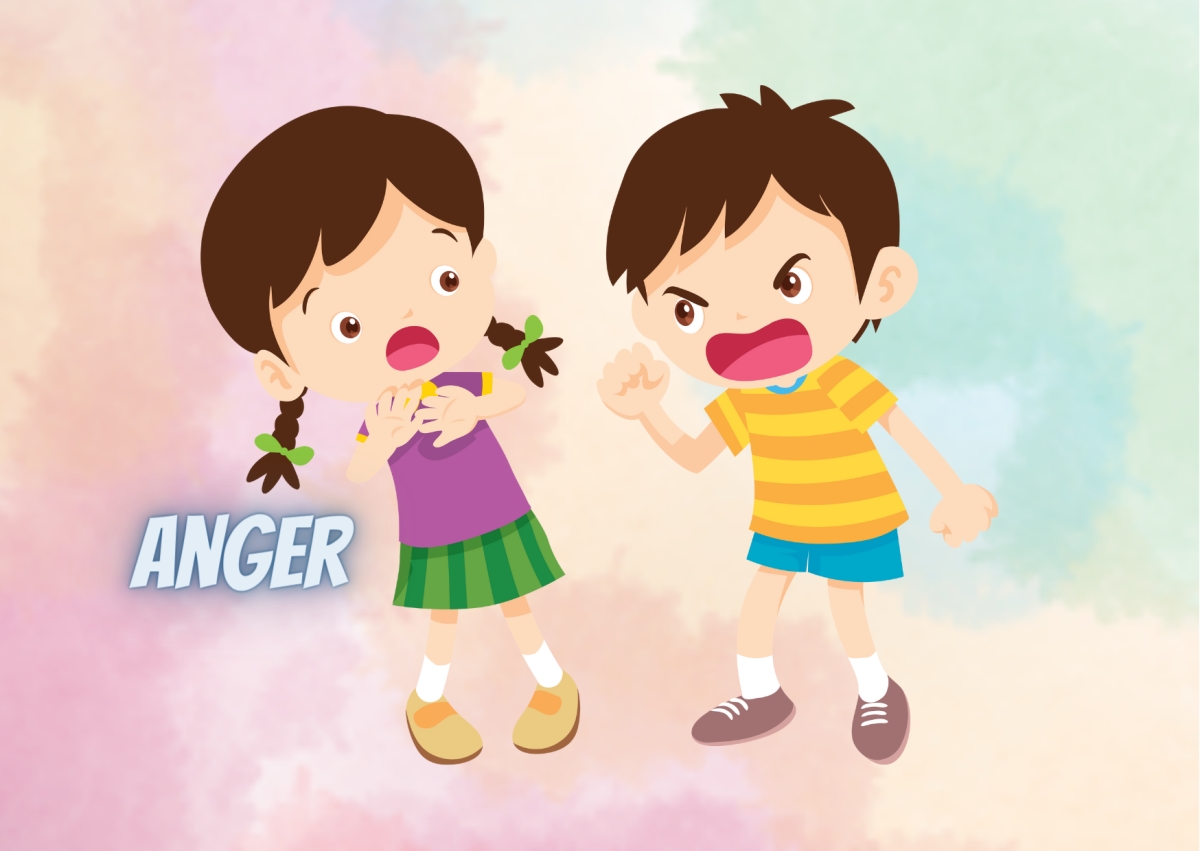The next stage in controlling our anger is to acquire the right skills to assist us in managing our responses to these triggers, in this case, our anger.
How to find anger management therapy
Establish Your Expectations for the Anger Management Treatment and Therapist You’re Looking For:
- What Kind of Therapy Model Are You Looking For? Individual or group therapy? Check to see if the therapist utilizes the model you have in mind.
- Establish your goals as a patient or client before beginning therapy, and consider whether this instrument will be able to meet your needs. Do you prefer in-person counselling or online counselling? Exist any further factors that might influence your choice? teletherapy, for instance, may not be an a good a fit in all circumstances.
Verify that the service you are using is reliable and secure:
- Several “Apps” that advertise therapy may have been created by unlicensed or unqualified individuals. It’s possible that some of these websites are making unfounded claims about therapy.
- How secure is the website or application? Will my information’s confidentiality be respected as required by law? One of the reasons therapy is effective is that therapists provide the client has a safe, private space in which to do so. This allows the client to communicate extremely intimate and occasionally challenging memories, thoughts, or emotions. What happens and is said in a therapy office stays there, with a few exceptions. Use a website or app that complies with UKCP or BACP guidelines and allows you and your therapist to confirm each other’s identities, if at all possible.
- What are the therapist’s qualifications? Verify their licensing. Most states do not prohibit the use of terms like “therapist” and “psychotherapist,” so anyone can call oneself one and provide the same services as those connected with therapy. You might question occasionally whether the psychotherapy you are getting is supported by research. In psychotherapy, it is a good idea to speak out for yourself. It’s critical to comprehend the type of therapy being provided and its rationale. You might enquire about the type of psychotherapy you are having and whether it has been shown to be beneficial. It is very appropriate to ask your psychotherapist about the type of therapy they are offering and what kind of scientific backing it has for healing your problems. That type of discussion should be welcomed by the therapist, who should then provide beneficial information in a friendly and open manner. This is not intended to be hostile or a confrontational challenge. A talk of this nature can increase motivation, comfort, and rapport.
Verify if the therapist is duly licensed.
Therapists and other healthcare professionals must be licensed. Only qualified professionals (or those who are under supervision) may practice, according to licensing rules. Also, it ensures that if there are issues with your therapy, you have the right to a remedy or at the very least a state evaluation.
Before you agree to any Web services, please get to know the therapists you are working with, find out if they have licenses, where those licenses are stored, and where that license number is located. Online, searchable directories of licensed professionals are maintained by state licensing organizations.
The laws and regulations of each country, just like the requirements to obtain a driver’s license in each country, control the issuance of licenses. But a health care professional can only offer services in the state where they have a license. If you don’t know where the provider is physically based, it could be difficult to tell if they have a license in the state where you live.
Why is CBT the most effective therapy for managing anger?
The interaction between our environment, thoughts, feelings, and behaviors is emphasized in cognitive behavioral therapy (CBT), a type of psychotherapy. CBT offers a simple paradigm that is as simple to recall as A-B-C!
Have a look at this:
A X B = C
Consequences = Activators * Beliefs (anger)
The basic idea behind the ABC model is that “external events (A) do not cause emotions (C), but beliefs (B) and, in particular, irrational beliefs (IB) do” (Sarracino et al., 2017).
An actual or hypothetical incident or circumstance that increases the likelihood that anger would be felt is known as an anger activator. These triggering circumstances include things like a traffic jam, a harsh cashier, or a family member’s passive-aggressive remark. All of those are external activators, or events that take place elsewhere than the individual.
Suggestion for read: CBT for Issues With Anger Management
Moreover, there are internal activators that take place beneath the skin. Anxiety, hurt, or shame are examples of emotional situations that might operate as internal activators. Physical symptoms like pain can also act as internal activators.
The next phase in controlling our anger is learning strategies like responding to anger triggers with new adaptive actions, cognitive restructuring, and relaxation. As part of your education will be “homework” reviews and evaluations of these new technologies.
Check out InquireTalk’s certified therapists who you can get in touch and book a therapy session with:
Hal M.
Nick Gendler
Will Hamilton

